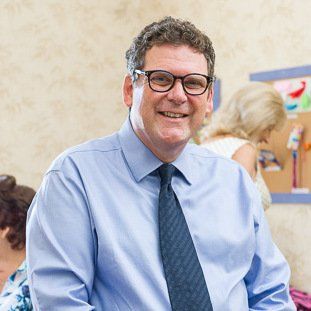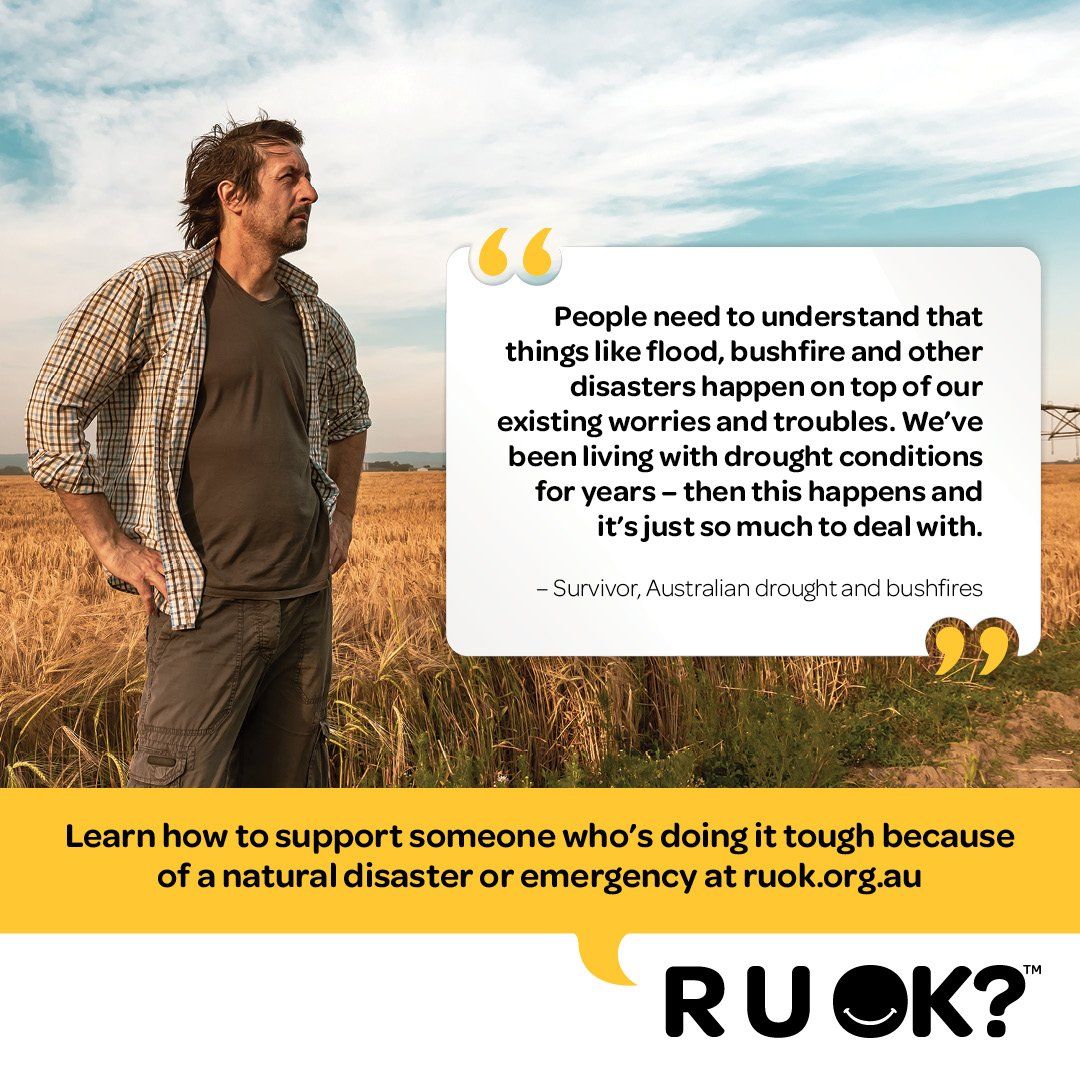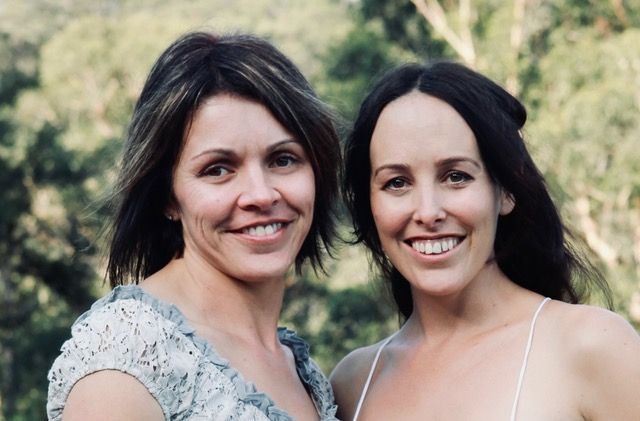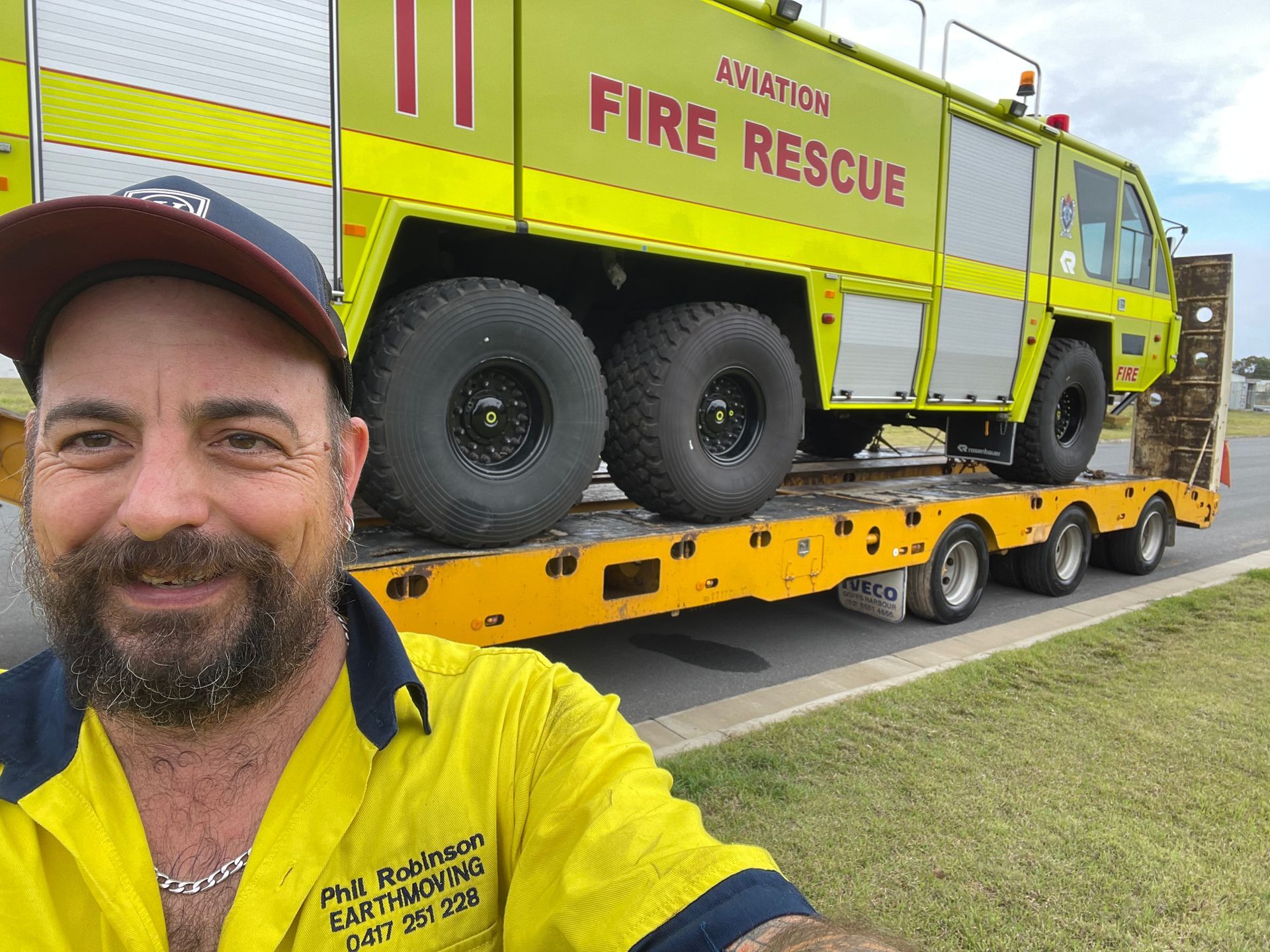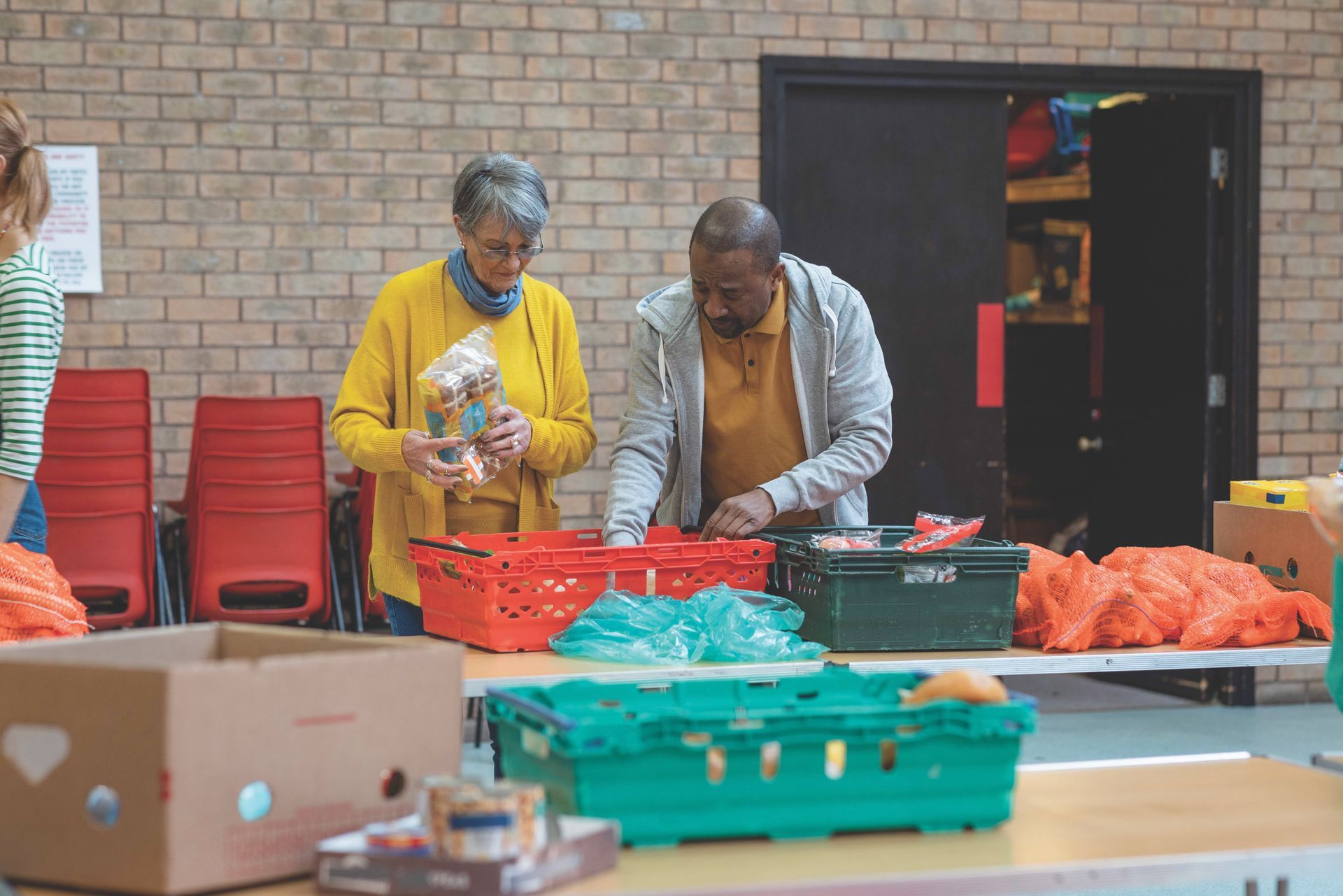The coronavirus pandemic comes as many Australians are still feeling the impact of recent bushfires, floods and drought.
In challenging times such as these it is even more important that we all promote a sense of community, reach out and ask our friends, family and colleagues, “Are you OK?”.
The R U OK? Mateship Manual has been a popular resource for those supporting anyone going through a tough time, particularly those in rural areas.
Earlier this year R U OK? collaborated with Professor Nicholas Procter and the team at UniSA’s Mental Health and Suicide Prevention Research Group to update the Mateship Manual to provide guidance on how to support those who might be struggling in the wake of a natural disaster or emergency situation.
We asked him about this process and why information in the manual is a must for every Australian to read and share right now. Here’s what he had to say.
When R U OK? called, I jumped at the chance to be involved in the coming together of things we believe in.
When R U OK? asked us for guidance on how to support people who’ve been through difficult experiences due to a natural disaster or emergency situation, I pulled together a team to look at the Mateship Manual through a trauma informed lens.
We have a multi-disciplinary team – I’m a nursing professor leading a team made up of psychologists, social workers, nurses, a police officer and a human rights lawyer, just to name a few.
The work we do is primarily in the area of mental health and suicide prevention. Everything we do is about bringing together the best science and combining it with lessons from people’s personal experience.
The keywords for our team are reach, relevance and impact. We aren’t doing research for research’s sake but making sure it makes a difference outside the world of academia.
For the Mateship Manual project, myself and the lead researchers on this team – Dr Miriam Posselt (research fellow and clinical psychologist who works mostly on trauma and service provision improvements) and Simon Tyler (graduate psychologist and former construction worker with a focus on men and suicide) – undertook a consultation with people who have lived through recent bushfire related trauma.
These insights were then combined with what we’ve learned over the years from research, clinical practice and a raft of people’s personal experiences and trauma in relation to drought, bushfires and refugee detention.
At its core being trauma informed means recognising the impact of trauma in our lives, how such experiences play out in someone’s life today, and actively resisting re-traumatisation.
Many people who seek assistance for mental health challenges have experienced some sort of trauma in their lives, usually through adverse childhood experiences, but also from previous exposure to natural disasters and emergency situations.
When we say a trauma informed approach, we mean looking at how individuals, systems and services can actively resist and mitigate retraumatising someone. It also means trying to understand how certain events and experiences can retrigger past trauma and consciously choosing words and actions that are soothing and comforting for that person.
People who’ve come through these troubles before can be our best teachers
When we did the consultation for the Mateship Manual, we were taking the theory and science we had to hand and checking-in to synthesise that against people’s personal experiences.
Using a trauma informed approach to the conversations meant we could get a clear understanding of words and phrases that were more helpful than others.
We could also recommend to R U OK? some of the contextual information to include in the manual so that everyday Australians could better empathise with someone who has survived a bushfire or similar.


